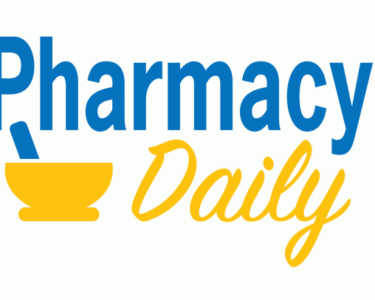NEW research from Patients Australia and Healthengine released yesterday reported that cost-of-living pressures are impacting on healthcare decisions – including medication purchases – for three in four (75%) Australians, with young adults and women most affected.
The seventh Australian Healthcare Index is based on a national survey of over 8,000 people, and reveals a healthcare system under mounting pressure, with deepening generational and gender divides in access to care.
Among the outcomes were that more than one in three Australians (35%) have skipped or reduced prescription medications because of cost, an increase on last year’s 30% and up from 22% in 2022.
This is despite recent government reforms, such as 60-day dispensing and a reduction in maximum PBS script costs from $42.50 to $30.
“These findings suggest that recent policy changes have provided some relief, but affordability remains a barrier for many, particularly younger Australians,” the report noted.
“The upcoming PBS co-payment reduction to $25, scheduled for 01 Jan 2026, will likely be a welcome step, especially for those who continue to delay or ration essential medicines due to cost.”
In good news for pharmacists, trust remains strong and 69% of those surveyed reported having a regular pharmacist or pharmacy – up from 64% in 2024.
Among those who said they would recommend their pharmacist to others, the top reasons provided were helpful staff (69%), reasonable prescription wait times (58%), weekend opening hours (54%), and good communication from the team (52%).
However, long wait times for prescriptions was the main reason why 13% said they would not recommend their pharmacist.
“The sharp rise in concern about prescription wait times is notable and may point to increasing delays in service, rising consumer expectations for faster dispensing, or both,” the report stated.
Data also highlighted the broader role of pharmacies in healthcare, with most respondents seeking over-the-counter medicines (64%), and around a quarter visiting for medication advice (26%), health or beauty products (25%), or vaccinations (24%).
The report also revealed that almost half of respondents (49%) are visiting their GP less often due to high out-of-pocket costs, and more than half of Aussies (58%) have missed or delayed dental treatment because of cost-of-living increases.
Young Australians are the most severely affected by rising costs, with 86% reporting they have altered healthcare decisions due to financial pressures.
This is significantly higher than older age groups (52%), highlighting a generational divide.
It also showed that women are more likely than men to delay care across multiple areas including dental, mental health, diagnostic tests, and allied health services, which may compound existing health risks.
The report is available HERE. KB
The post Trust in pharmacists high, but cost barriers remain appeared first on Pharmacy Daily.

